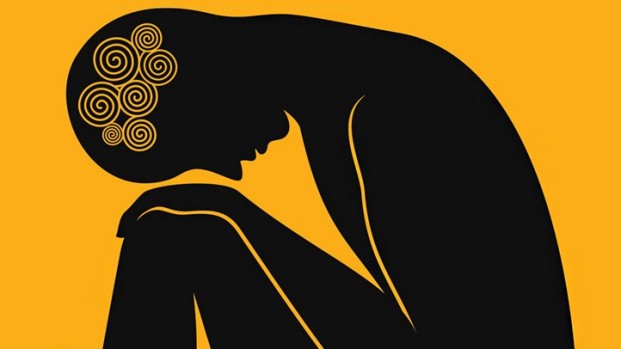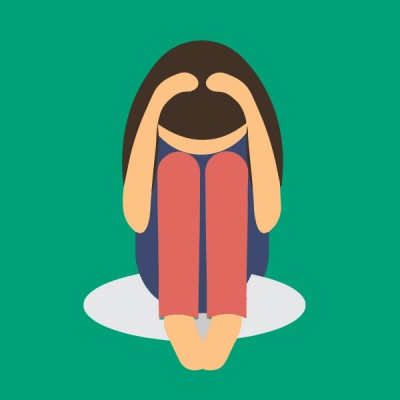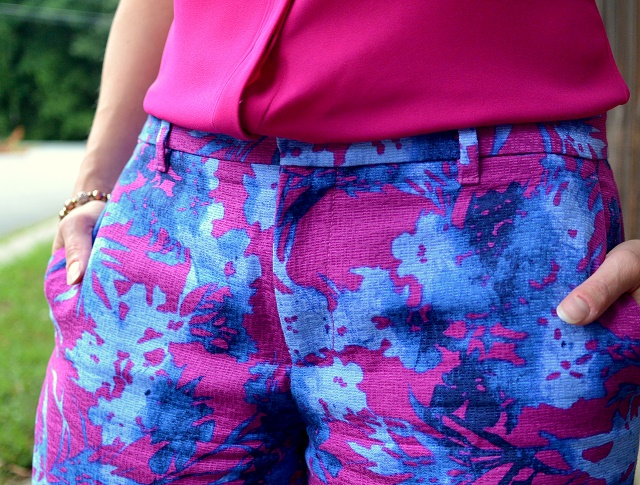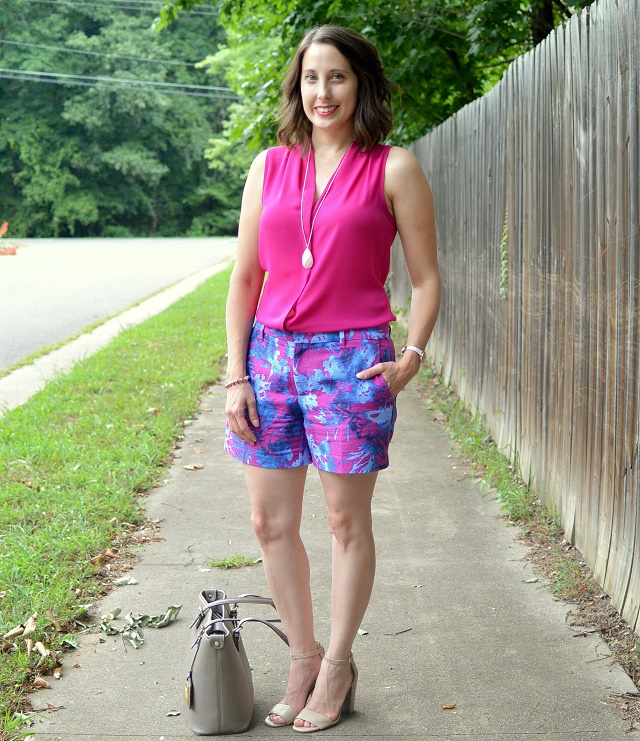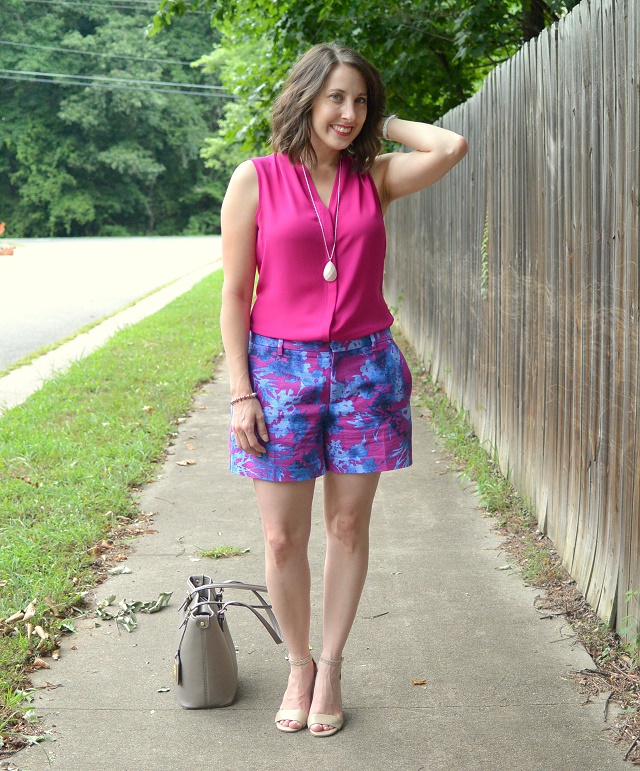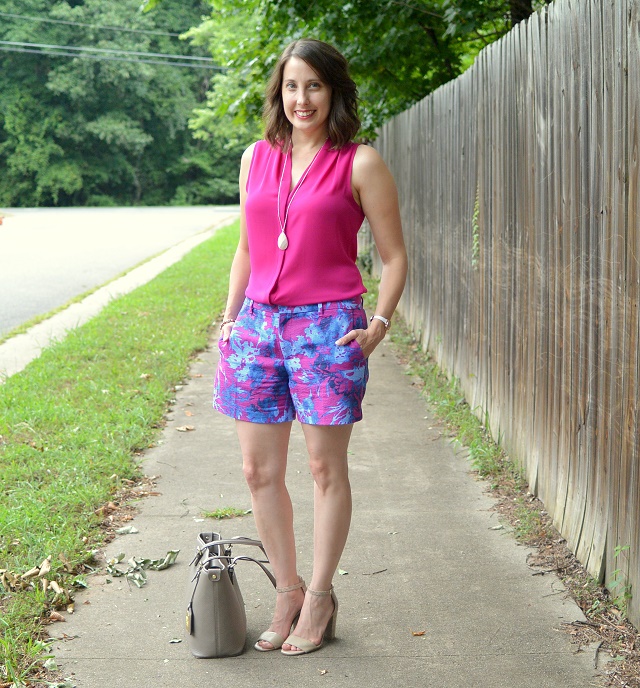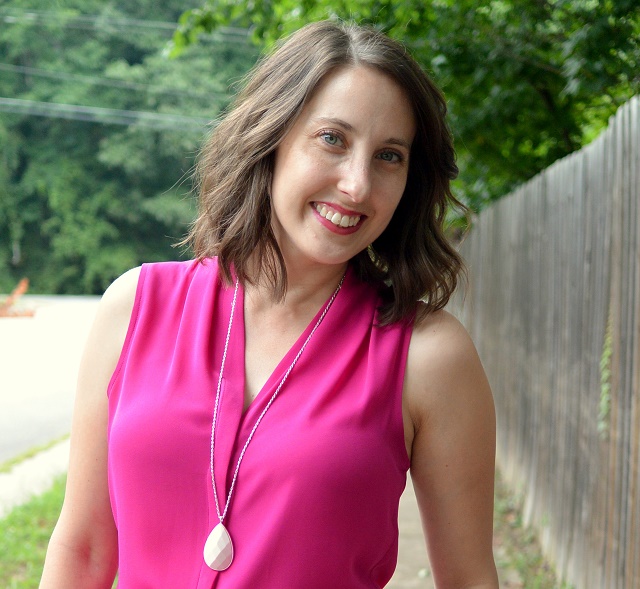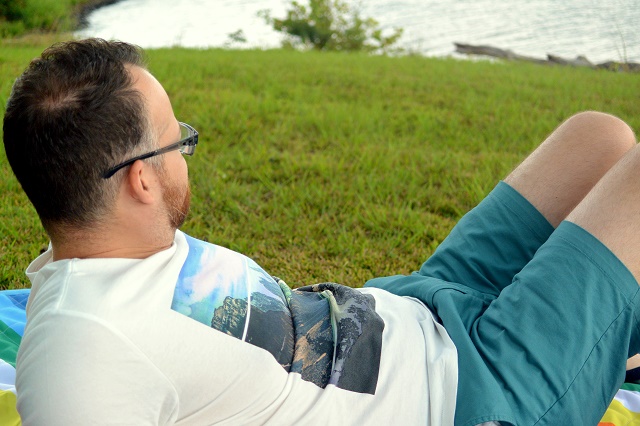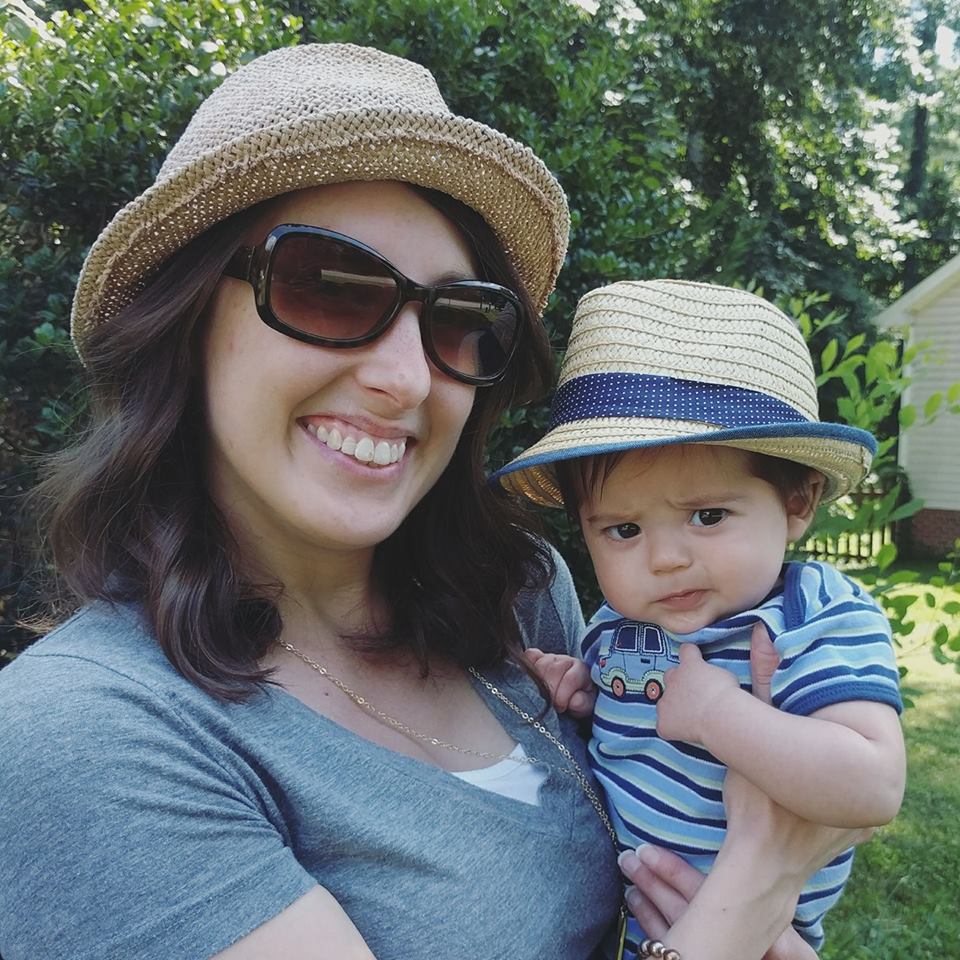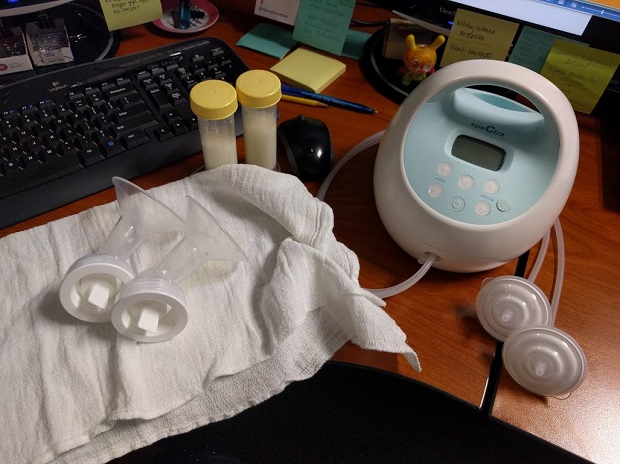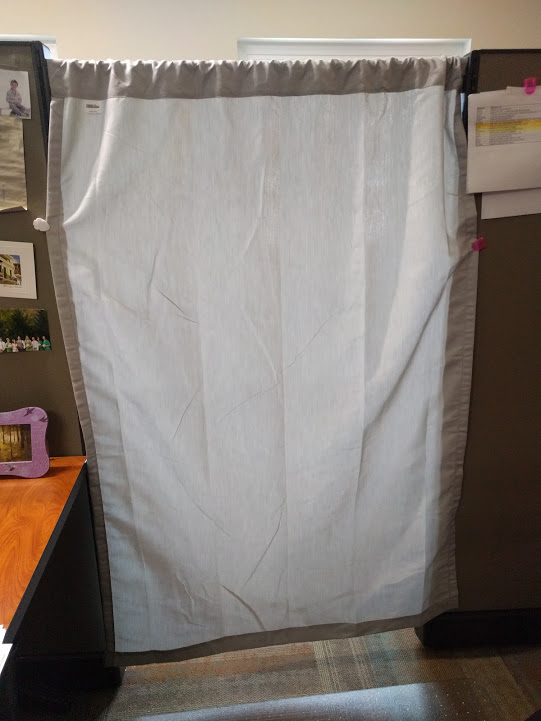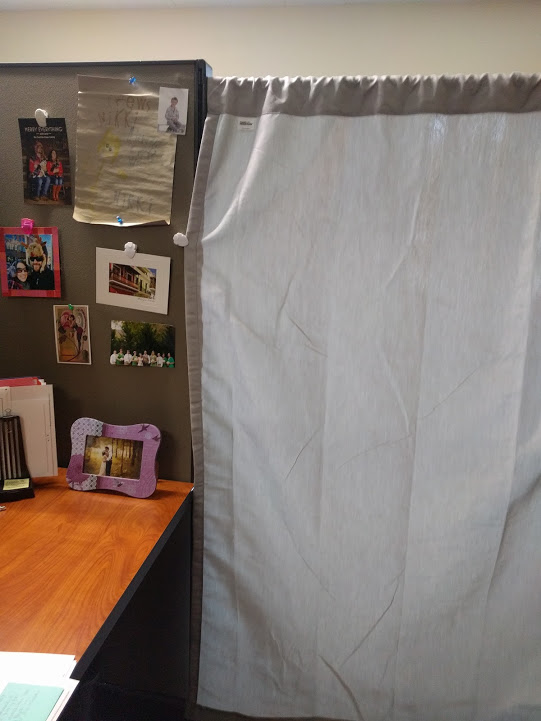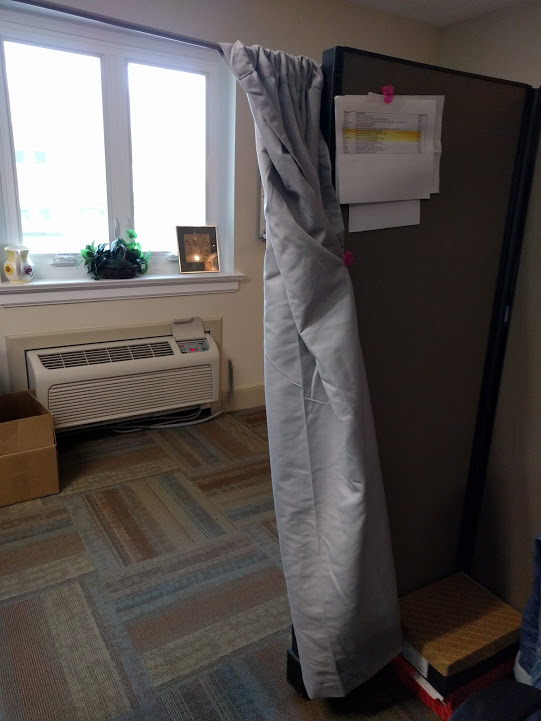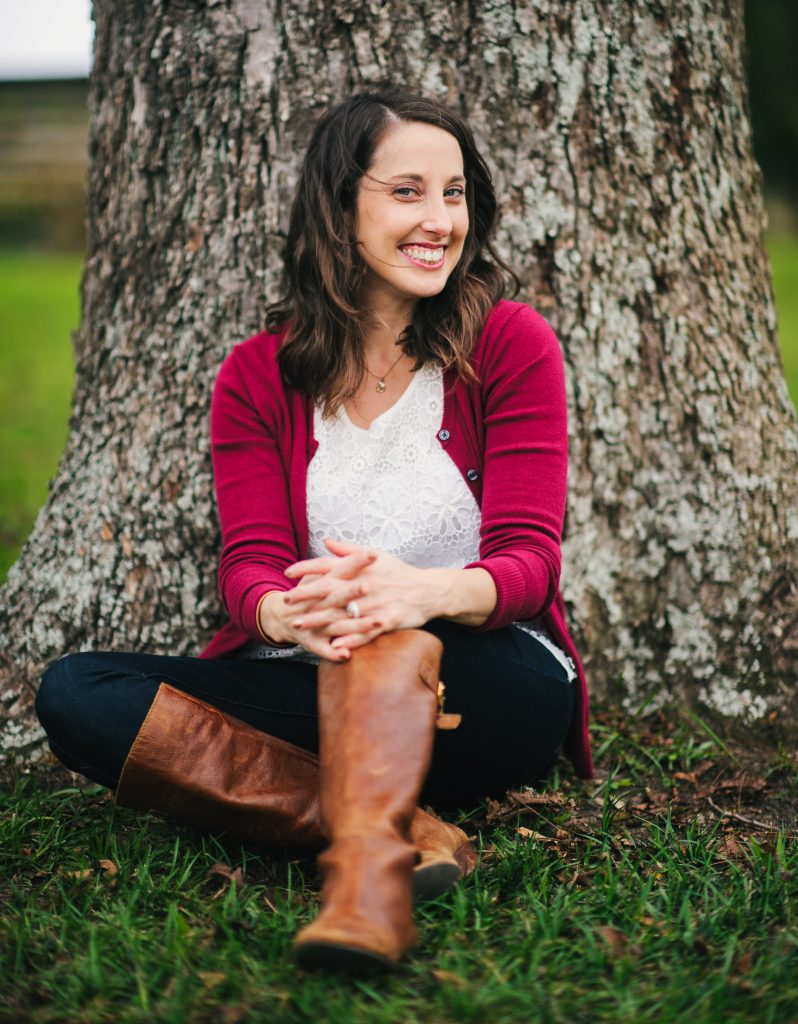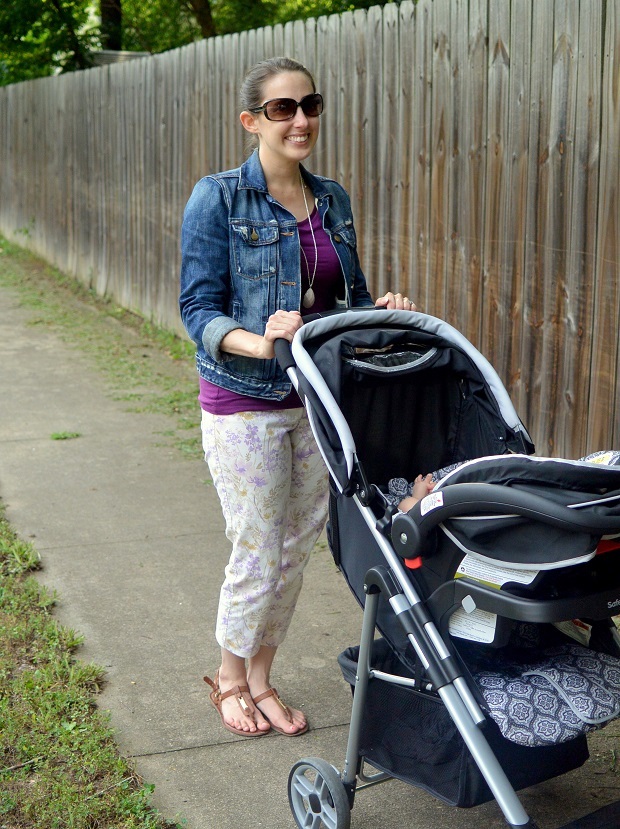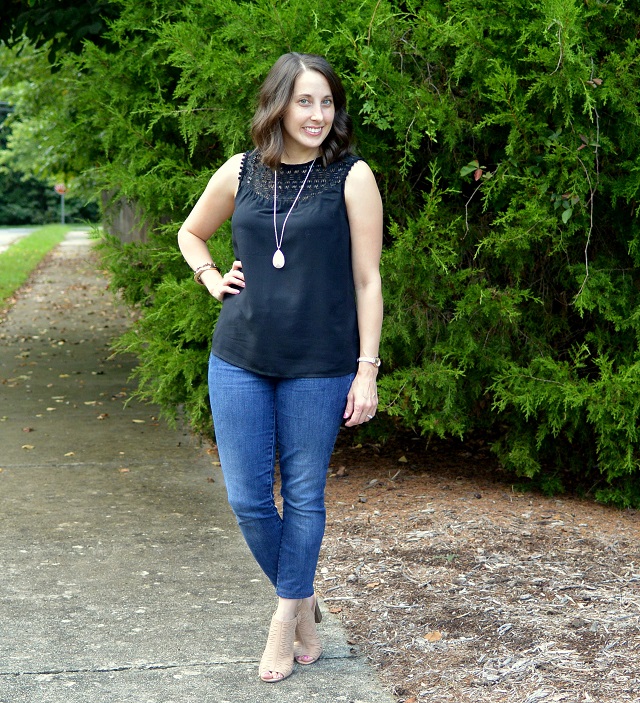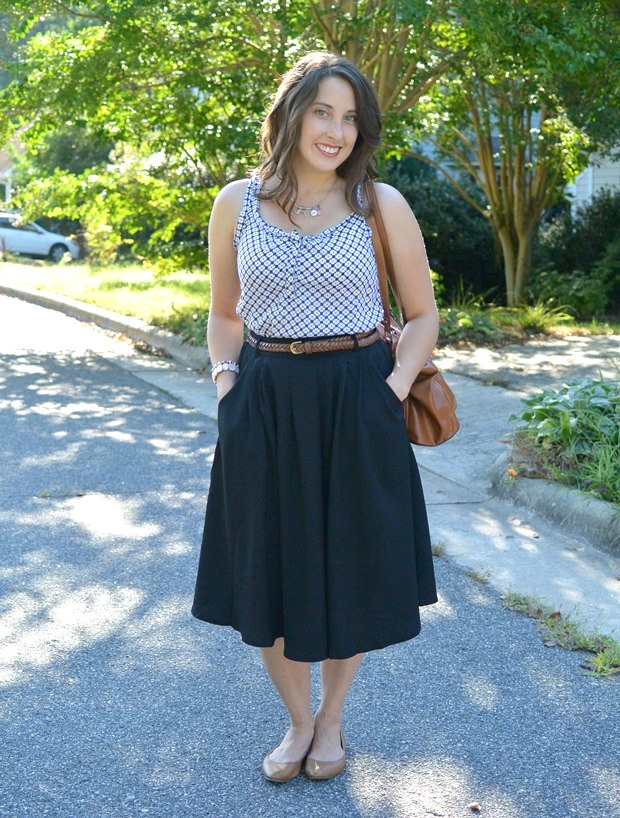I had my first panic attack in graduate school at the age of 29. I’m not exactly sure what triggered it but it was probably a combination of being under a lot of stress as I was working on my master’s thesis, not getting much sleep, and drinking too much caffeine.
The morning of my episode, I began experiencing vision problems, my heart was racing, my hands started tingling and then went numb, I kind of felt like I was in a cloud, and I just kept thinking that something terrible was about to happen and I was going to die. I texted Nick to tell him that something was wrong and that I loved him. Then I broke down in uncontrollable sobs right before my friend and I were supposed to conduct an interview for one of our classes and my friend, Aarti — who was absolutely amazing through the whole ordeal — kept me calm and drove me to student health. She helped me sign in and waited with me the whole time. Aarti, you’re truly the best!
When the student health doc couldn’t find anything physically wrong with me, she said, “Sometimes we think we feel things and that causes us to panic.” And that’s when I knew I had just experienced a panic attack. I looked up the symptoms and sure enough, it was text book. I also knew that some of my family members had similar experiences and were actually diagnosed with general anxiety disorder (GAD). I had a few more panic attacks after that but, because I knew what was happening, I was able to make it through them without incident.
Until I had a heart attack.
After I experienced a postpartum heart attack, my anxiety skyrocketed. Every little pain, every twinge, every time I felt lightheaded, every time I felt even slightly “off,” sent me into panic mode. I was constantly talking myself off the ledge. It took me about two weeks to realize that my medication dosage was too high, which causing a lot of unpleasant symptoms, and once my doctor lowered the dose, I felt much better. I also started seeing a therapist who has been a tremendous help. She taught me to use grounding techniques – small activities incorporating the five senses that bring your focus back to the present — which have been a life changer! I still have panicked moments where I start to feel anxious, nervous, or scared for no logical reason but they do happen less frequently. And when they do happen, I resort to one of my grounding techniques and I am able to remain fairly calm until the moment passes.
I began to wonder if I’ll ever feel “normal” again, or if I was really going to have to live with this for the rest of my life. In search of more resources to help me cope, I came across the book On Edge: A Journey Through Anxiety by Wall Street Journal reporter Andrea Petersen. I just finished it and I feel like it has really put a lot of things into perspective.
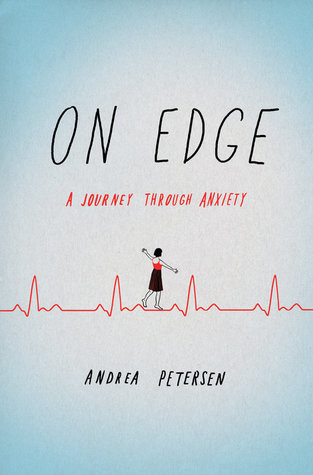
photo source: Goodreads
While I was expecting a memoir with some stats sprinkled in, this book was actually kind of the opposite. Petersen does weave her personal history with anxiety into the facts and stats, but I felt like the majority of the book discussed anxiety history, research, and treatment. I was a psych major in college, I’ve already read that text book. Nonetheless, it’s still a good read. Sprinkling in her experiences as examples made the material more tolerable and you find yourself really relating to her, especially if you also suffer from an anxiety disorder. Her experiences helped to put things into perspective for me. Strangely, it makes me feel better that we share a lot of the same triggers (anything health-related) but that she also has triggers that I thankfully do not have, like driving on highways. My therapist is glad that the book resonated with me and that I was able to use it to examine the anxiety in my own life.
Petersen does a good job of covering the history of anxiety, including old and new research, as well as old and new treatments. She highlights studies that show how anxiety could be genetic, how it affects children, and she shares her personal stories of her family’s genetics and childhood anxiety. She also dives into the topic of current treatments that include everything from talk therapy, exposure therapy, and of course, good ol’ medications.
Confession: my therapist has talked to me about taking meds for my anxiety and I was teetering on the fence. I don’t particularly want to take medication but I will if it’s the only thing that will help. I would use it as a last resort. BUT, after reading about Petersen’s experiences with side effects of the different meds she tried, I don’t think I’m interested in taking them. Especially after the side effects I dealt with from my heart meds; I think I’d rather feel anxious. But I’m really interested to hear others’ experiences with anxiety and medications.
If you’re suffering from anxiety, want to know more about the history and existence of anxiety, or if you just want to take a look inside the mind of an anxious person, then I would recommend this book. It might change your understanding of the illness and make you a little kinder to yourself and/or more understanding of others who experience it.
Linking up with: Spread the Kindness


